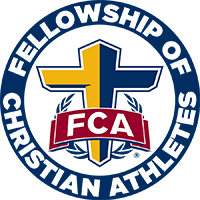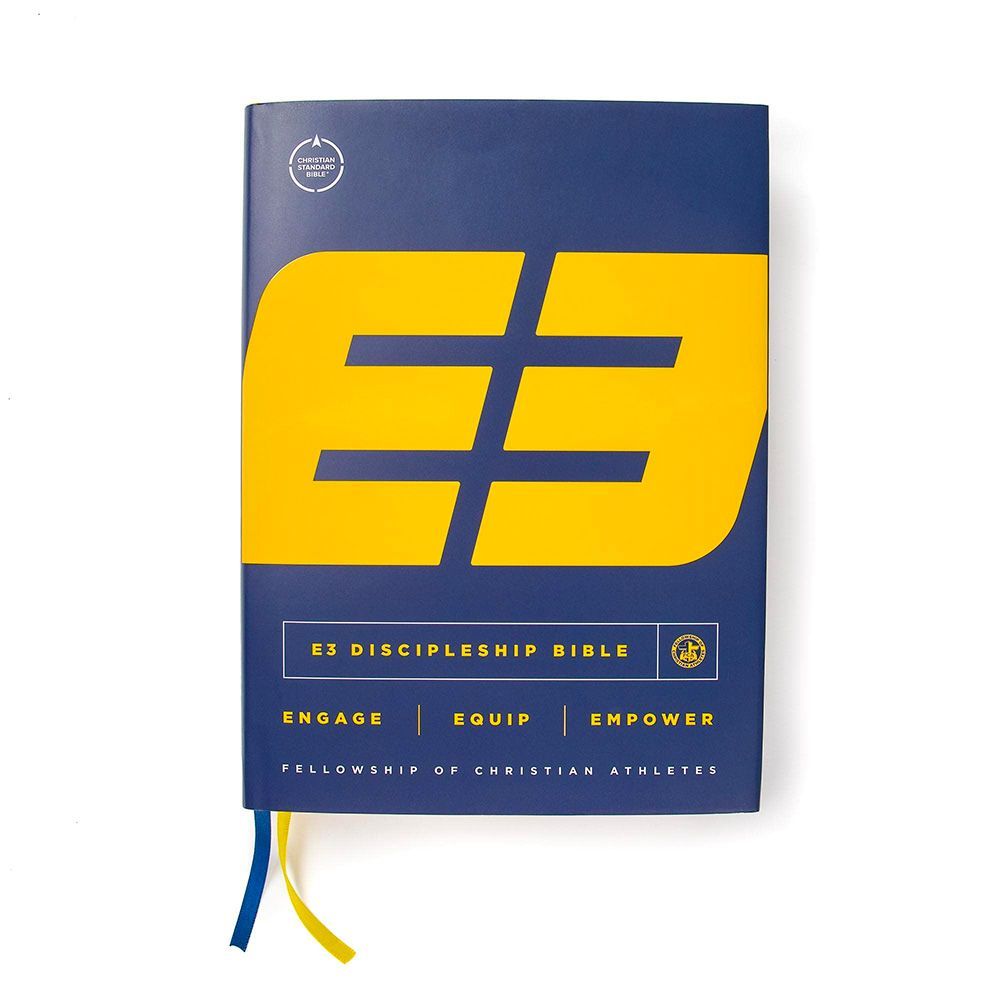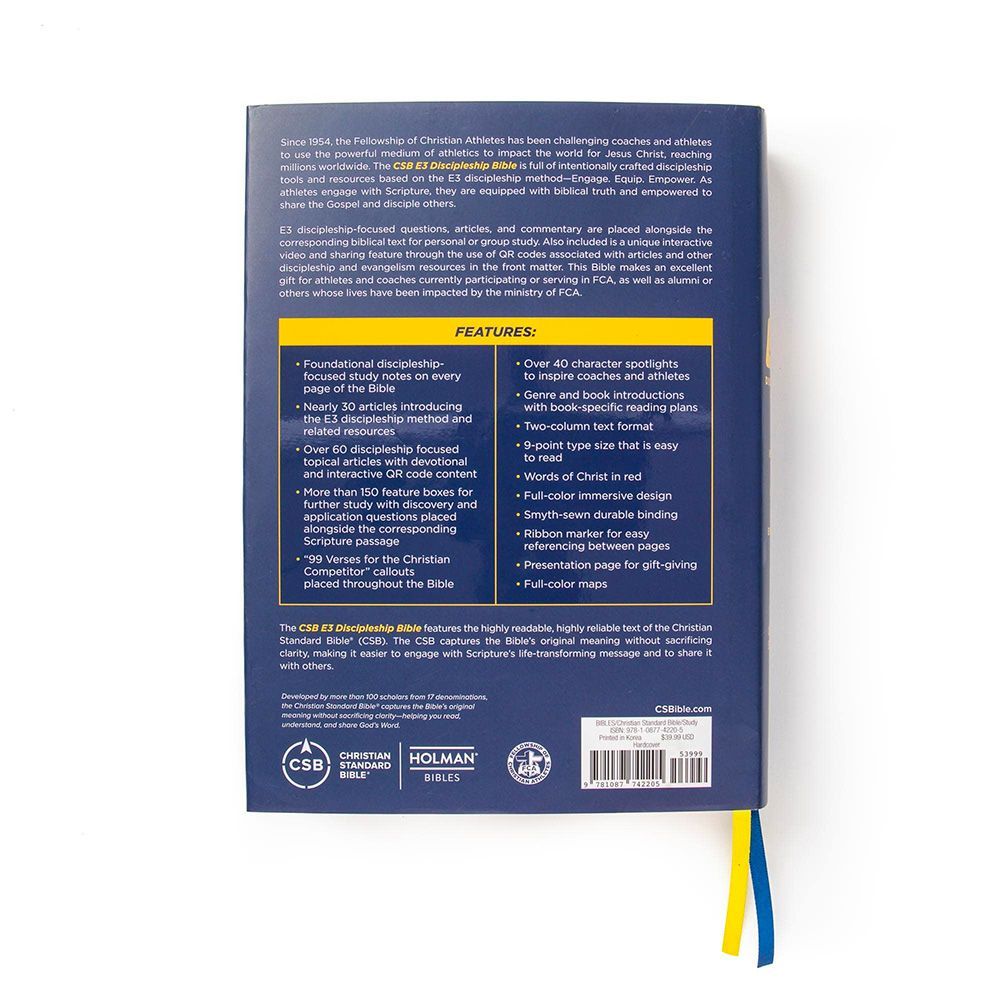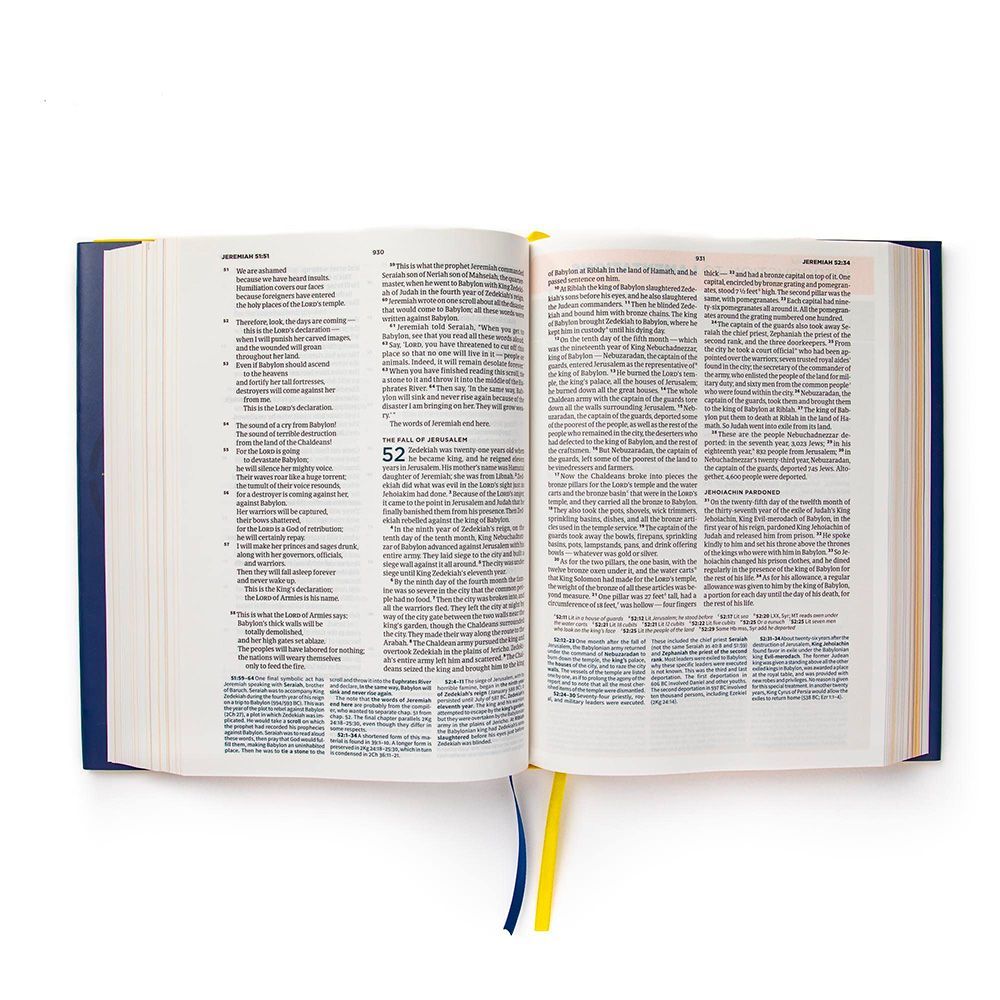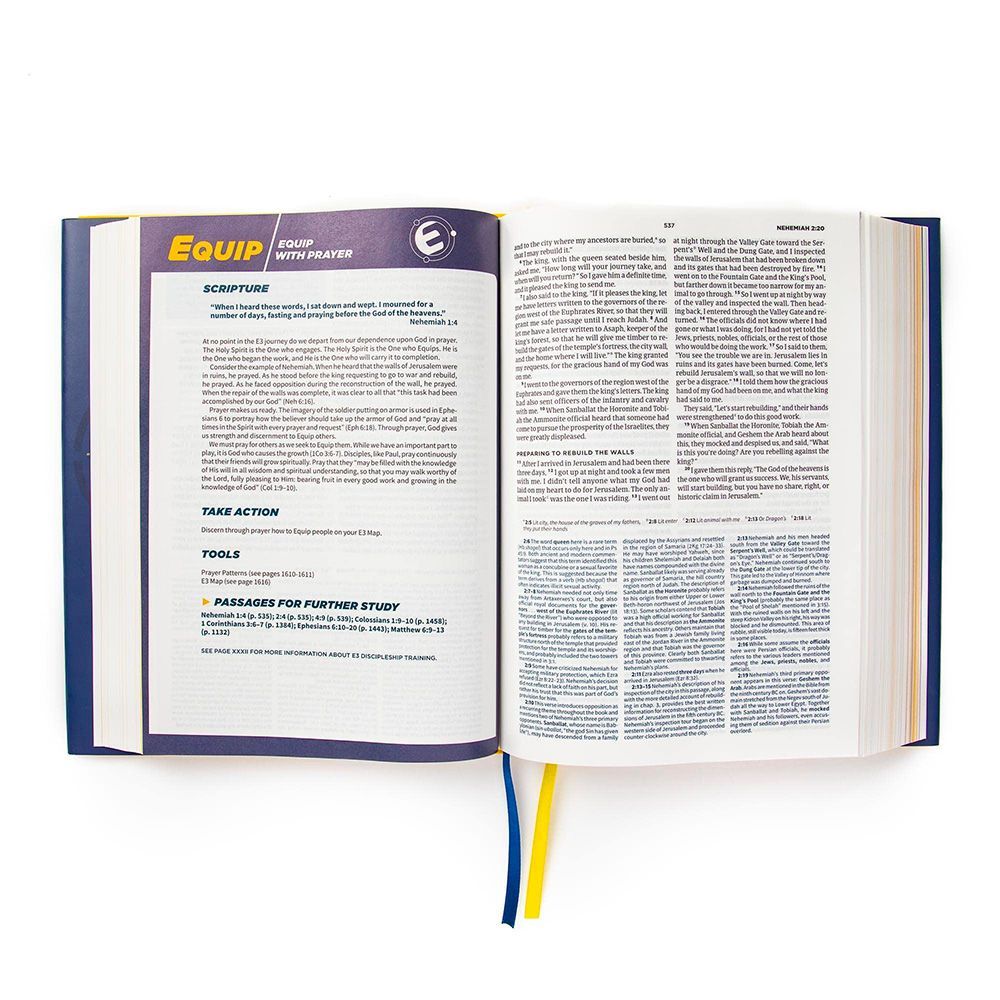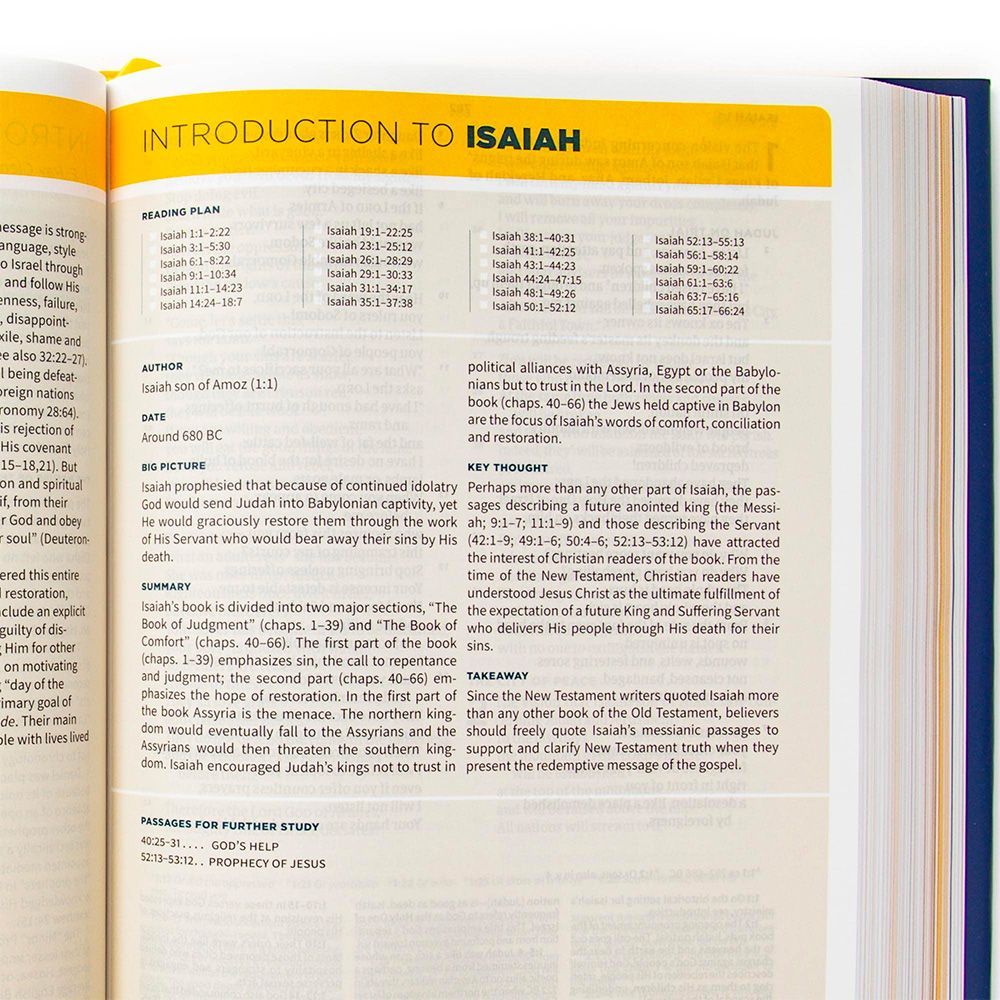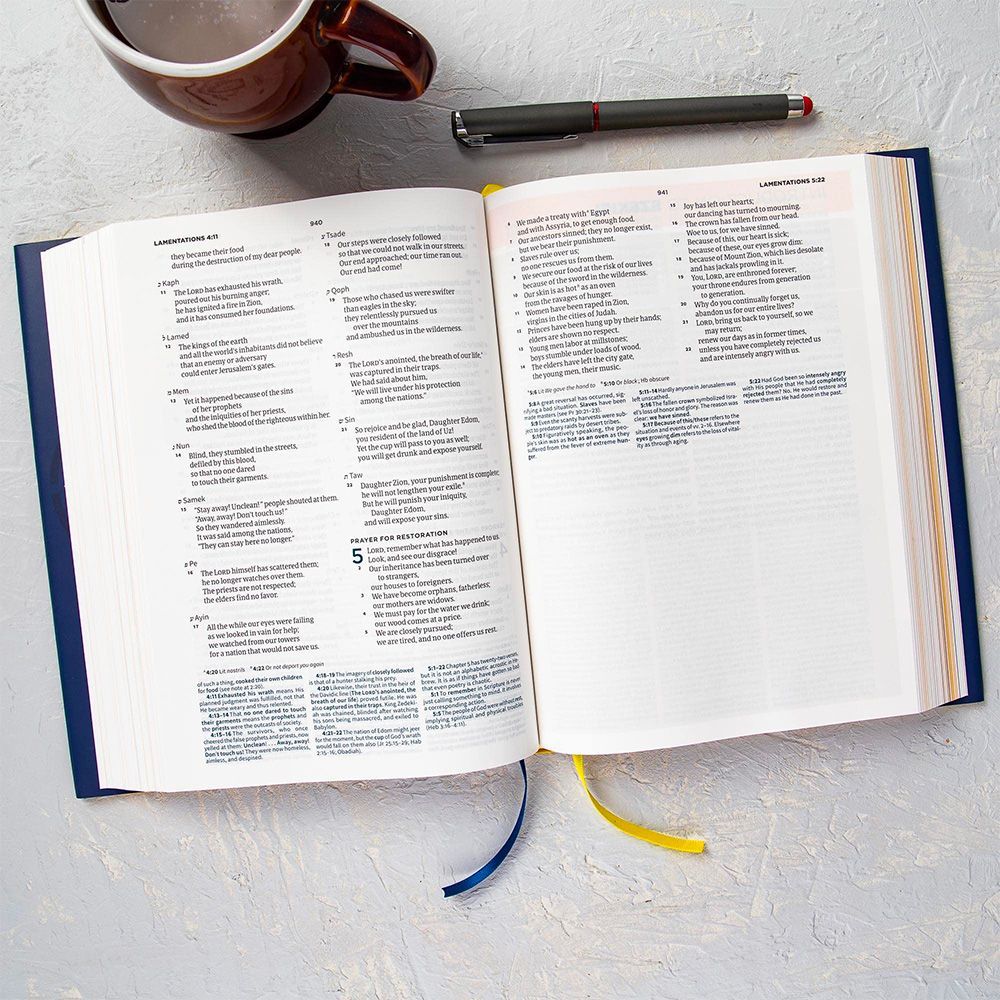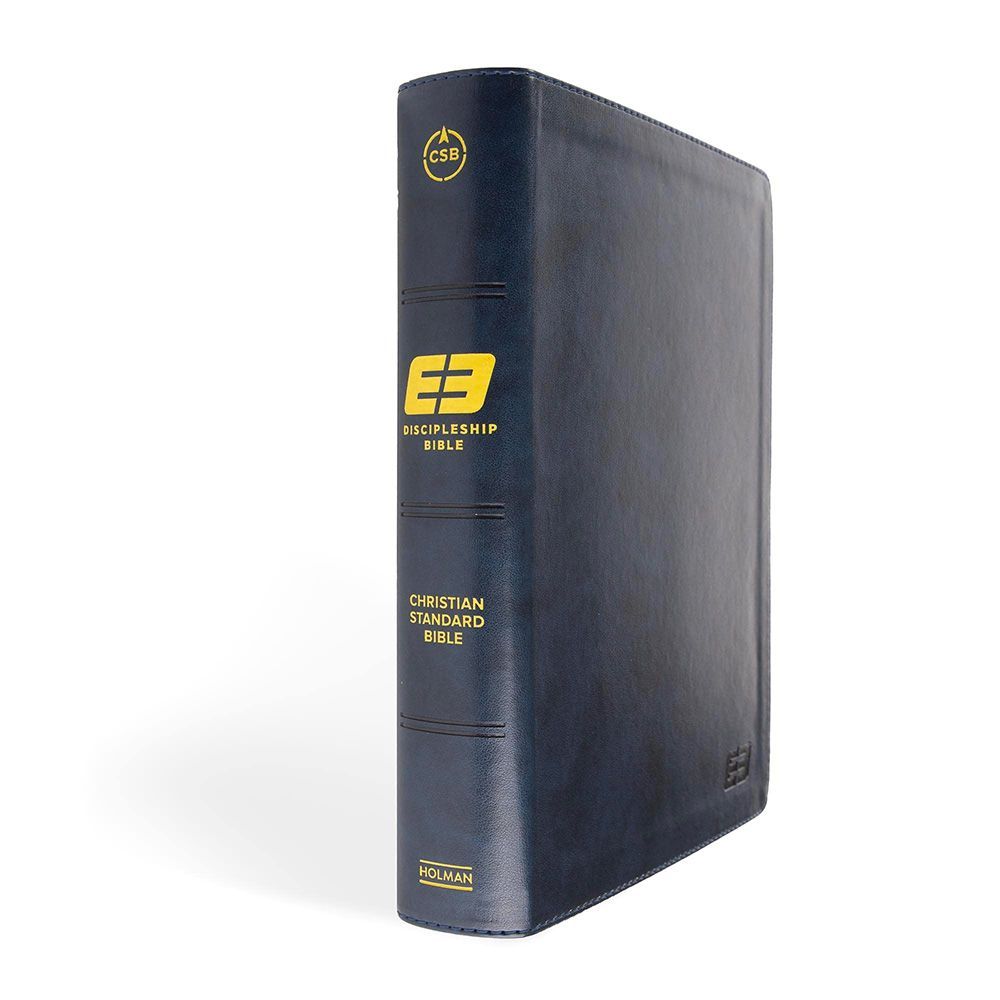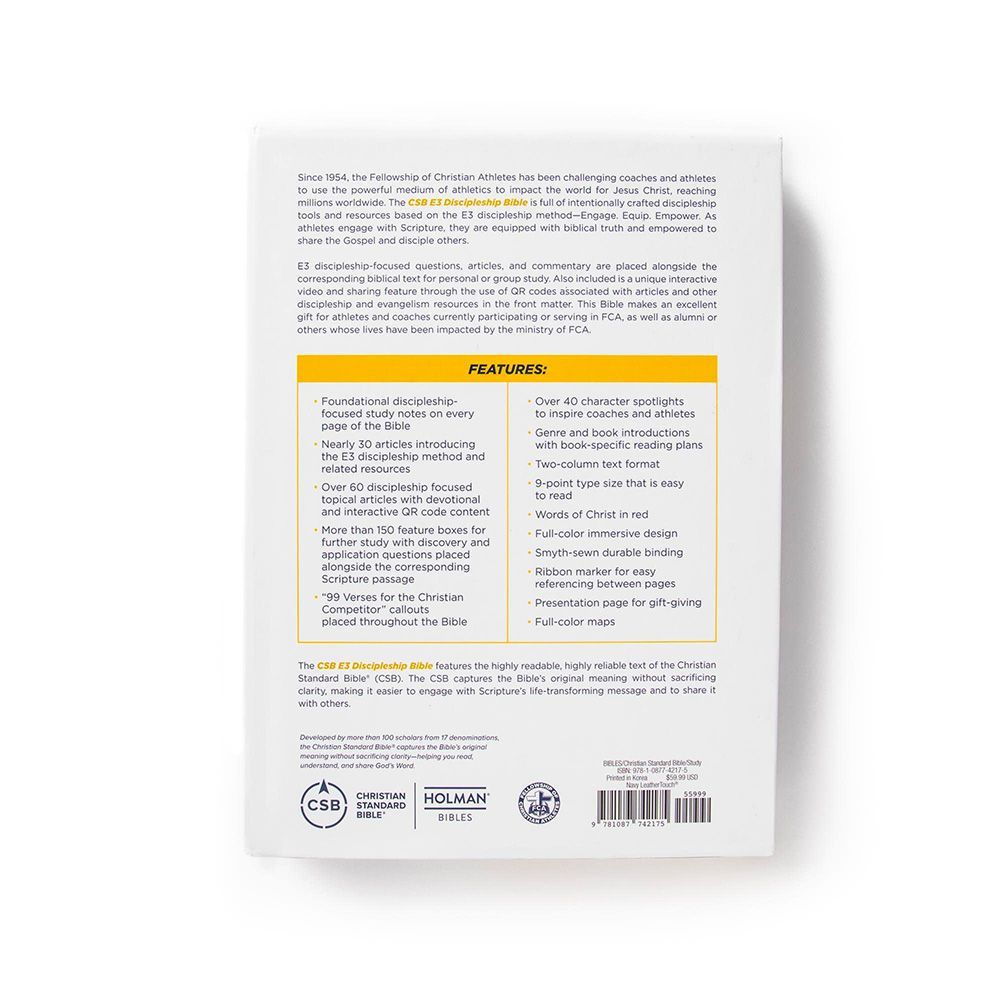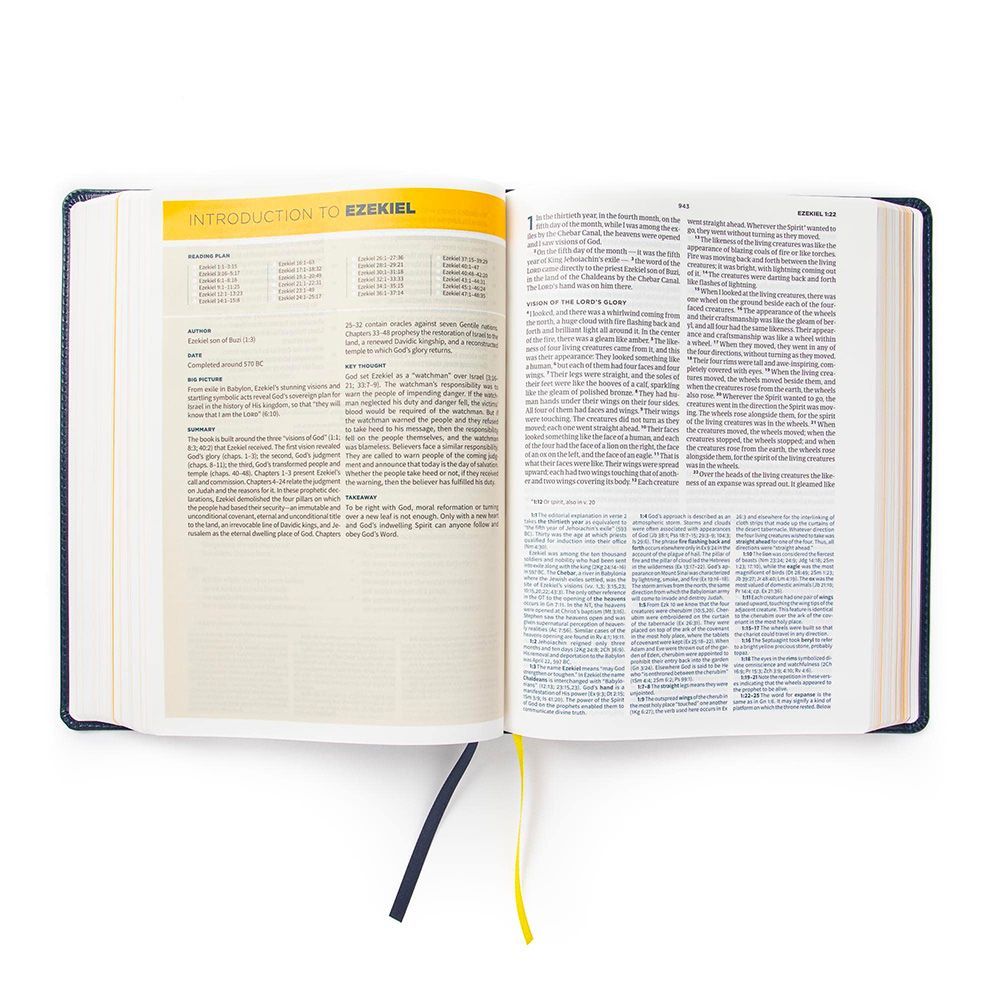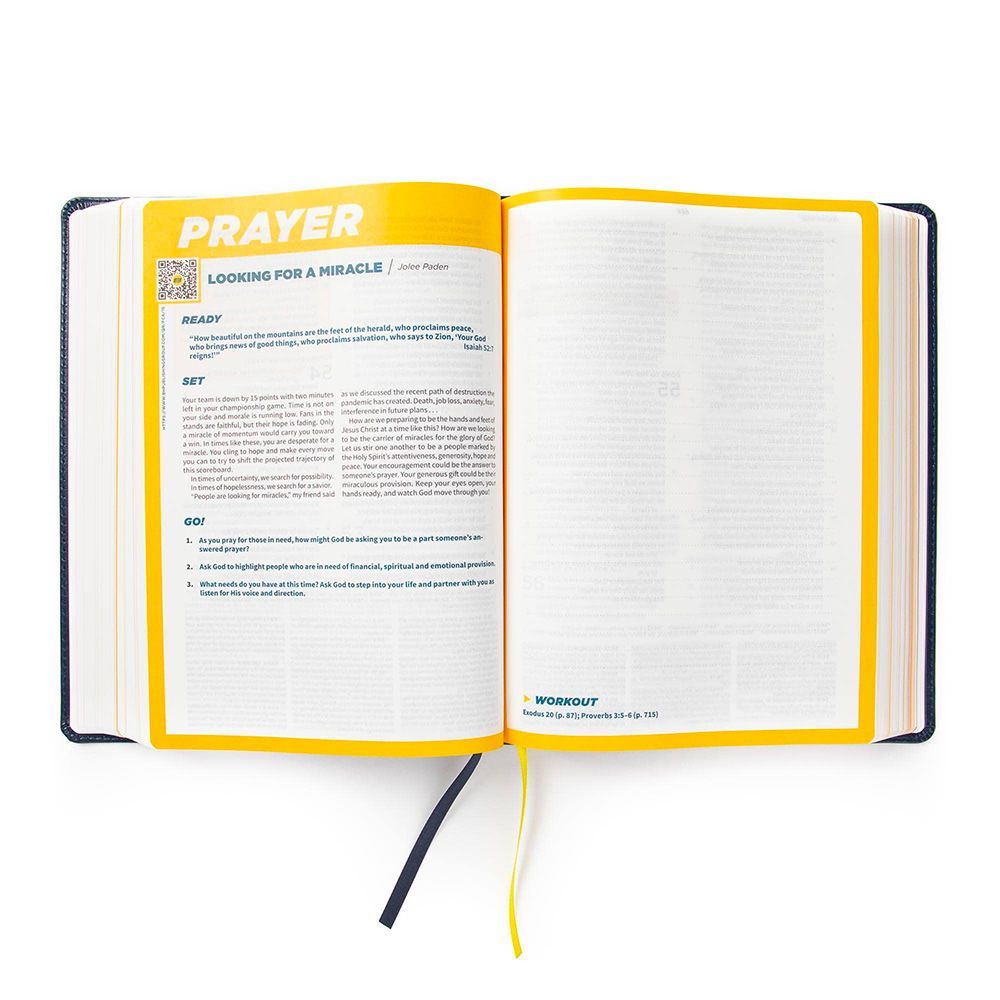FCA Student Rights Handbook
A Guide to Constitutionally Protected Religious Expression on Campus
Get Involved
Churches can play a vital role in supporting students’ spiritual growth and leadership development. Partnering with FCA involves working with FCA staff to bring faith-based programs and mentorship directly to the students, creating a strong
connection between the church and the school community.
Contact Us
We will get back to you as soon as possible.
Please try again later.

The “Grab Your Cleats” initiative is a strategy that aims to unite local church communities and local schools. When we bring together these two communities, we not only create an opportunity for students, but we also create a way for the work we do in campus huddles to be sustained on their own and without the oversight of FCA staff.
Do students have the First Amendment right to express their religious beliefs at school? (p. 3)
Can students express their religious beliefs during class or in an assignment? (p. 3)
Can students distribute religious material at school? (p. 4)
Can students advertise religious events at school? (p. 5)
Can students pray at school? (p. 5)
Can students pray at their school graduation or hold baccalaureate ceremonies? (p. 6)
Can students offer a prayer before the beginning of a sporting event? (p. 7)
Can students wear religious clothing to school? (p. 8)
Does the so-called “separation of church and state” justify restrictions on student religious expression? (p. 8)
Can students leave campus during the school day to participate in religious instructional activities? (p. 9)
Do students have the right to engage in religious expression during school-organized events such as a talent show? (p. 10)
Bridging the Gap Between Churches, Schools, and the Community
Adopting a campus can be rewarding in many ways, but comes with a need for intentional effort and high level of responsibility. We seek churches who are willing to take ownership of this process and partner with FCA on a by-campus basis. In doing so, we hope to provide students who may not currently attend church with meaningful opportunities and invitations to join one that will take them in as their own.
FCA Staff Member
Join FCA StaffThe FCA staff member ensures that FCA activities are implemented effectively in schools. They coordinate between school sponsors and campus coaches, helping to create a unified approach to student ministry and ensuring alignment with FCA’s mission.
Club Sponsor
Become a Club SponsorThe school sponsor is a faculty member or administrator who supports and supervises FCA huddles. They handle logistics like securing meeting spaces and completing necessary paperwork. They also help integrate FCA activities into the school environment, providing a supportive space for students to grow in faith and leadership.
Campus Coach
Become a Campus CoachThe campus coach is the church's main representative in the school. They may mentor students, lead Bible studies, organize service projects, and offer spiritual support. By being present, they strengthen the connection between the church and school community, providing students with access to church resources and support.

Frequently Asked Legal Questions
Do students have the First Amendment right to express their religious beliefs at school?
Students retain their First Amendment liberties while on a school campus. They have the right to share their beliefs, pray, evangelize, read Scripture, and invite students to participate in such activities so long as they are voluntary, student-initiated, and not disruptive or coercive. A school may not prohibit student expression during non-instructional time unless it (1) materially and substantially interferes with the operation of the school, or (2) infringes on the rights of other students. A school may not prohibit student expression solely because others might find it offensive.
Can students distribute Bibles at school?
Yes, students have the right to distribute religious and nonreligious material at school during non-instructional time. Schools may bar any material that (1) materially and substantially interferes with the operation of the school, or (2) infringes on the rights of other students. However, schools may not ban student literature distribution outright nor restrict literature based on its religious content or viewpoint. For example, schools cannot bar students from distributing Christmas gift bags or invitations to religious events (i.e., a youth activity sponsored by a church) – which are considered private speech – simply because they contain religious content. Schools are permitted to enact reasonable time, place, and manner regulations, such as requiring students to distribute free literature to the general student population during non-instructional time.
Can students advertise religious events at school?
Students may post signs on walls and bulletin boards and make announcements over public address systems about religious events at school to the same extent they may advertise similar secular activities. If students are, for example, allowed to post signs or make announcements regarding non-curricular events, such as the Day of Silence, students may similarly advertise religious events, such as See You at the Pole and the Day of Dialogue.
Can students pray at school?
Since prayer is private speech, students may engage in it at school, as long as it would not appear that the school endorsed it. Students may pray at school on their own or in groups during non-instructional time so long as it is not disruptive. Students can, for example, pray over their meals in the cafeteria and even join with other students to pray around the flagpole before the start of school.
Can students pray before sports events?
Private speech even at school-related functions is protected by the Constitution. Courts have held that school policies which equate all student religious speech with state speech go too far and actually violate an individual’s free speech rights. A school does not need to prohibit private religious speech in public places in order to avoid violating the Establishment Clause. The test is whether the prayer is genuinely student-initiated and student-led, and not part of a school policy that encourages or endorses it. Similar to the guidelines noted above for graduation, a school can allow a pre-game message to be given by a neutrally-selected student, and the message chosen by the student, whether religious or not, should be permissible. This should prevent any appearance of endorsement regarding student messages, including those that are religious in nature. Students, including those on sports teams, are also permitted to pray together before or after sporting events, provided the prayer is student-initiated and student-led.
Download the E3 Playbook
The E3 Playbook provides a series of plays and strategies to help you execute God’s game plan. It’s designed to point you to the words and ways of Jesus to help you make disciples. Get it for free here.
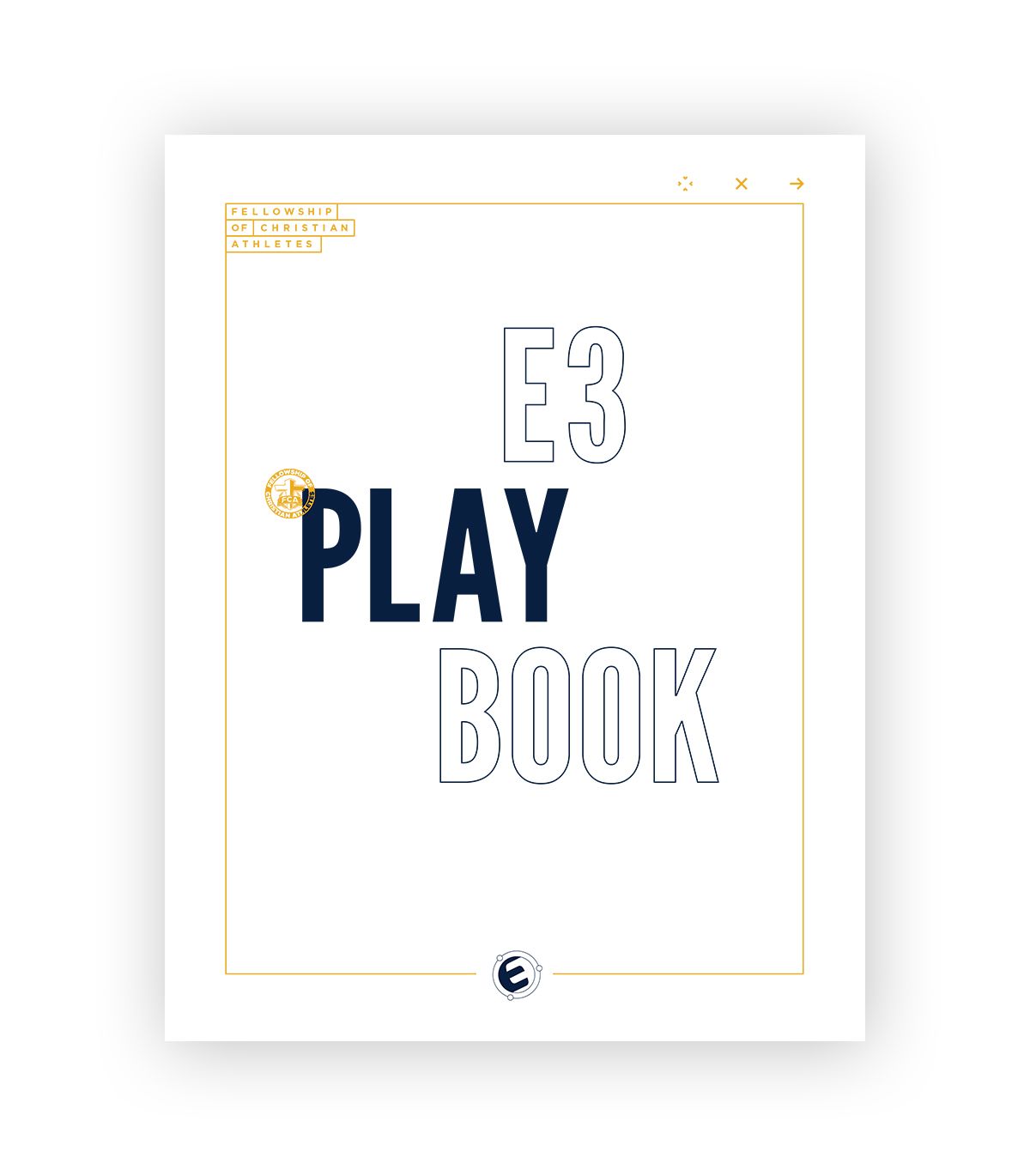
Download the E3 Playbook
The E3 Playbook provides a series of plays and strategies to help you execute God’s game plan. It’s designed to point you to the words and ways of Jesus to help you make disciples. Get it for free here.

E3 Discipleship Bible
The E3 Discipleship Bible invites coaches and athletes to bring themselves to the text. With devotional content, E3 discipleship articles, and application and reflection questions, you have the tools to stay engaged with Scripture and what it means for your life.
E3 Discipleship Bible
The E3 Discipleship Bible invites coaches and athletes to bring themselves to the text. With devotional content, E3 discipleship articles, and application and reflection questions, you have the tools to stay engaged with Scripture and what it means for your life.
